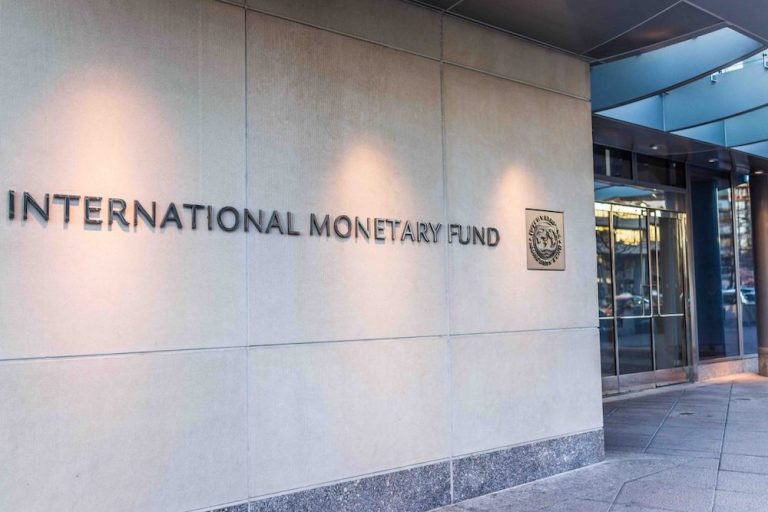The IMF Says It’s Time To Get Serious About Cryptocurrency

Digital currency is serious business, according to the IMF — and it is time for the world’s banks and banking regulators to get serious about it.
“I think that we are about to see massive disruptions,” IMF Managing Director Christine Lagarde told CNBC on the sidelines of the IMF Annual Meetings in Washington D.C.
She also noted that sticking their heads in the sand about the subject will not help global banks avoid risk — in fact, it puts them at greater risk because of their lack of understanding.
And while she declined to answer directly whether she agreed with JPMC CEO Jamie Dimon that bitcoin is “a fraud,” she did note that the issue is in looking beyond bitcoin when considering the future of digital currency.
“I think we should just be aware of not categorizing anything that has to do with digital currencies in those speculation, ponzi-like schemes,” she said. “It’s a lot more than that as well.”
So is the IMF going to develop its own digital currency? Lagarde did not rule it out — though she did point out that the IMF’s Special Drawing Right (SDR), a currency the IMF created to serve as an international reserve asset, could incorporate some of the technology associated with digital currency.
“What we will be looking into is how this currency, the special drawing right, can actually use the technology to be more efficient and less costly,” she said.
Lagarde also told CNBC she expects the IMF will play a role in regulating the FinTech industry going forward.
“My hope is that we can participate in that process because I see that as a very cross-border process,” she said.
Lagarde also noted that distributed ledger technology like blockchain can help make the banking system more inclusive.
“I think of women in some of the developing countries that have to carry cash around who are at risk of violence and all the rest of it,” she said. “If they can use their cell phones and operate in a much more discreet and efficient way, it would be terrific.”